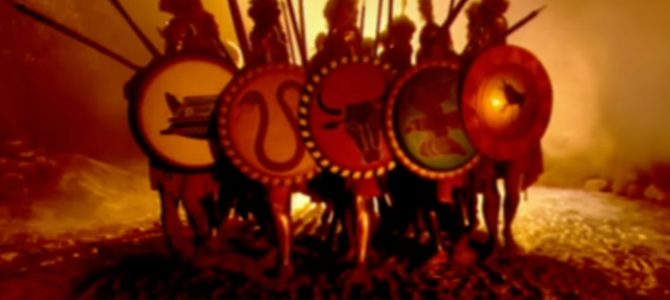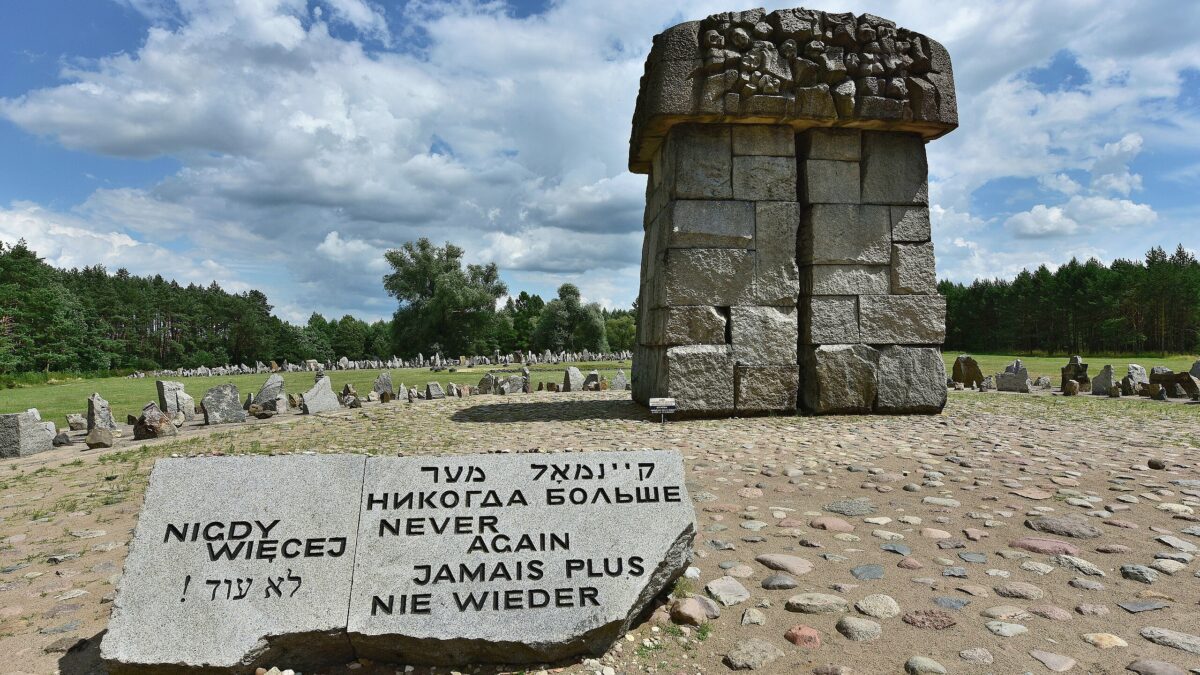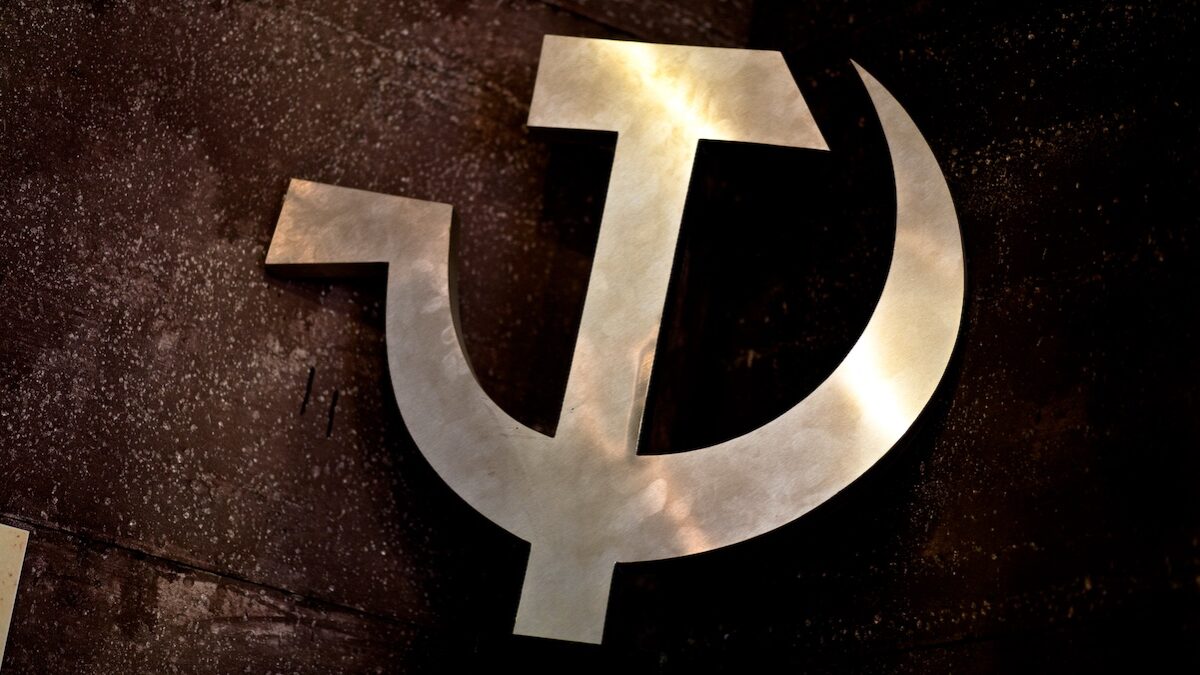
In the fourth lecture of Hillsdale College’s course on the histories of Athens and Sparta, which you can follow along with me here, Paul A. Rahe, a professor of Western heritage at Hillsdale, explains why Sparta was crucial in winning the Persian War and saving Greece from Persian occupation.
The Rise Of The Persian Empire
Ancient Greece enjoyed hundreds of years of freedom, without any major threat from forces outside of Attica. This stopped when the Persians rose to power and threatened to topple Greece. At the height of the Persian Empire, they ruled two-fifths of the global population and controlled half of the ancient world’s resources, making it the largest empire to ever be formed at the time. The Persians also believed they were divinely ordained to rule the world and bring order in a time of chaos.
Cyrus the Great vastly expanded the empire, conquering the Lydian Empire and Asia Minor. His son, Cambyses II, conquered the Egyptians before dying a short time after ascending to the throne. His death threw the kingdom into chaos for a time, as historians say that an imposter posing as his brother, Bardiya, claimed the throne — until an aristocrat known as Darius the Great killed him and took over. Under his rule, the Persian empire saw its peak.
The Persian forces stayed primarily on land, which made Sparta safer than other Greek cities for a period of time, because the Persians would have to take to the sea in order to conquer them. That all changed around 525 B.C., when the Persians began to use more sophisticated ships, the Trireme, to invade and conquer Egypt. The Spartans prevented the Athenians from forming an alliance with the Persians between 605-511 B.C. to stop the growing empire from nearing Greece and finding Greek allies.
Greece Faces The Threat Of The Persian Empire
In 490 B.C., Darius sent troops to land at Marathon, a city on the Greek mainland. The move prompted the Athenians to appeal for help from the Spartans, but when the Spartans arrived, it was too late. The Athenians had already defeated the Persians in a storied battle. Plato attributes their delay to a Helot revolt that the Spartans had to squelch before being able to assist their neighbors, but not much else is known.
After the battle at Marathon, the Spartans rightly suspected that the Persians would return to again attempt to invade Greece, and began to prepare to defend themselves against such a threat. Most of the Greek city-states resigned themselves to Persian rule, but a few — namely Athens, Sparta, and Peloponnese — resisted.
Sparta formed alliances with other city-states that were intent upon defeating the invading empire. Sparta’s role as the leader of the alliance is crucial to their success, as none of these other city-states would accept being led by Athens, or any other city-state. Sparta’s reputation as a military powerhouse made it the logical choice in the leading role. Sparta was also not a threat to other city-states at the time, as it was not planning to expand or conquer additional lands around it, which strengthened the case for Spartan rule.
At the battle of Thermopylae, Persian forces outmaneuvered the Greeks by getting around the troops, including a famous group of 300 Spartan soldiers, stationed at an impasse. Although they suffered a bitter defeat at this battle, the Greeks ultimately won the war and staved off being conquered. It is during this battle that Demaratus, an exiled king of Sparta, famously explains to Persian king Xerxes the mentality that emboldens the Spartan soldiers to fight more bravely than the Persian troops.
The same goes for the Spartans. One-against-one, they are as good as anyone in the world. But when they fight in a body, they are the best of all. For though they are free men, they are not entirely free. They accept Law as their master. And they respect this master more than your subjects respect you. Whatever he commands, they do. And his command never changes: It forbids them to flee in battle, whatever the number of their foes. He requires them to stand firm — to conquer or die.
The Greeks, who ultimately win the war against the Persians at the battle of the Plataea in 479 B.C., were viewed as having the upper hand in the world. After this victory, the Greeks had to ask themselves if they wanted to continue the policy of isolation towards their neighbors, or if they were to retaliate against the Persians — a question that would have lasting impacts on geopolitics in the ancient world and beyond. New possibilities were afforded to the Spartans after their victorious leadership at the Battle of Plataea, which changed the course of human history.








